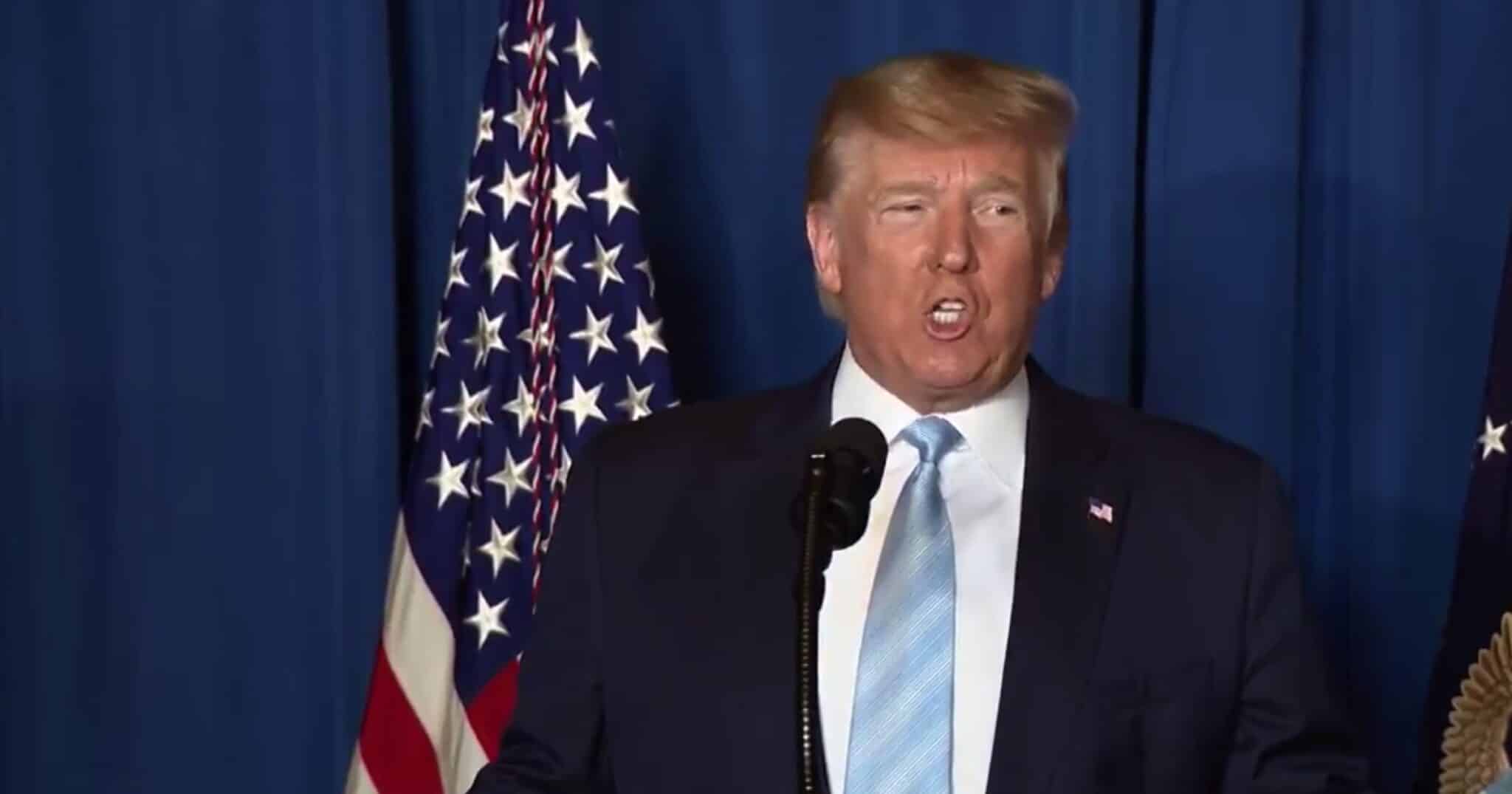








In a significant departure from the expected shift in U.S. immigration policy, the Department of Homeland Security on Friday extended temporary protected status (TPS) for over 800,000 immigrants from Venezuela and El Salvador.
The New Republic reported that the extension, set to last for 18 months, supposedly provides relief for these immigrant communities facing a “severe humanitarian emergency” in Venezuela and harsh environmental conditions in El Salvador.
The timing of this decision is notable, as President-elect Donald Trump will assume office in just over a week, and his administration has signaled a much stricter stance on immigration.
This extension affects roughly 600,000 Venezuelan immigrants and more than 200,000 Salvadorans residing in the United States.
Of course, neither of those countries are embroiled in wars and yet the Biden administration insists that it is unsafe for these illegal immigrants to be returned to their countries.
Venezuela continues to endure significant humanitarian crises under the leadership of Nicolás Maduro, who recently commenced his third six-year term. The Biden administration is using this instability to justify keeping hundreds of thousands of illegals here in the United States.
The regime in Venezuela faces immense pressure due to economic instability and widespread allegations of human rights violations. Maduro’s government has not been able to alleviate the hardships faced by its citizens.
Biden wants to swoop in and solve Venezuela's problems but is ignoring the struggles that Americans are facing, especially those in North Carolina whose homes were destroyed by a massive hurricane.
El Salvador's recurrent and severe storms have plagued the Central American nation, prompting U.S. officials to recognize the precarious living conditions that El Salvadorans face. However, the US cannot afford to help these people while Americans are without shelter themselves.
Thankfully, Donald Trump has been vocal about plans to implement sweeping changes to current immigration policies and will likely put an end to this insanity and finally prioritize Americans over Venezuelans and El Salvadorians.
Trump has continuously advocated for a crackdown on immigration, which includes measures like utilizing Title 42 to expedite the expulsion of immigrants.
Trump's senior advisor, Stephen Miller, has outlined upcoming immigration strategies that align with these priorities. One key aspect of their proposed changes includes increased cooperation between local law enforcement agencies and immigration authorities like ICE, aimed at fortifying their broader immigration agenda.
The scope of these proposed actions during Trump's term remains to be seen, but the underlying intent to modify immigration protocols significantly is clear. As his inauguration approaches, the contrast between existing protective measures and future enforcement goals becomes more pronounced.
Meanwhile, the temporary protected status currently extended provides a critical lifeline to those affected by tragedies in their home countries.
For Venezuelans and Salvadorans alike, the status extension represents a momentary reprieve from the instability affecting their lives.
The decision underscores an immediate response to humanitarian needs but requires navigating a landscape where such protections are at risk of being overturned.
With the upcoming shift in administration, the challenge lies in reconciling the humanitarian grounds for TPS with the hardline immigration policies set forth by Trump. Immigration advocates and the affected communities will likely watch closely as Trump’s policies begin to unfurl.
This policy decision occurs amidst broader discussions regarding the U.S.'s role in addressing international crises and the principles underpinning immigration enforcement.
As bi-partisan debates ensue over potential policy shifts, applications of temporary protection statuses may serve as ground zero for national discourse on the balance of humanitarian obligations versus national security priorities.


